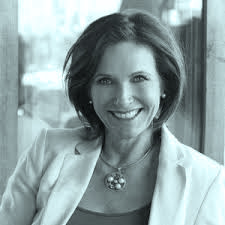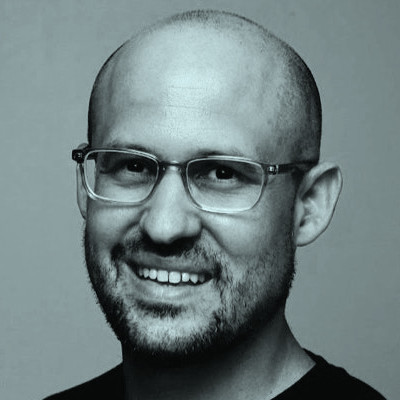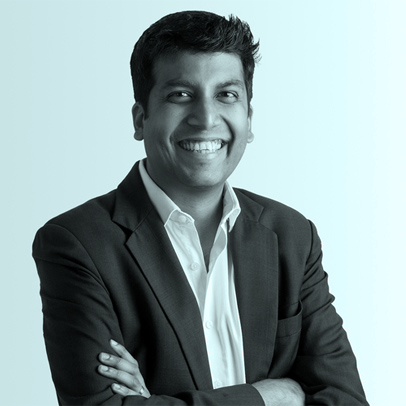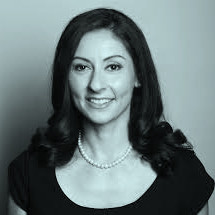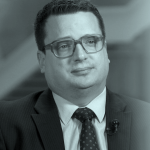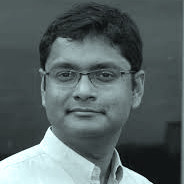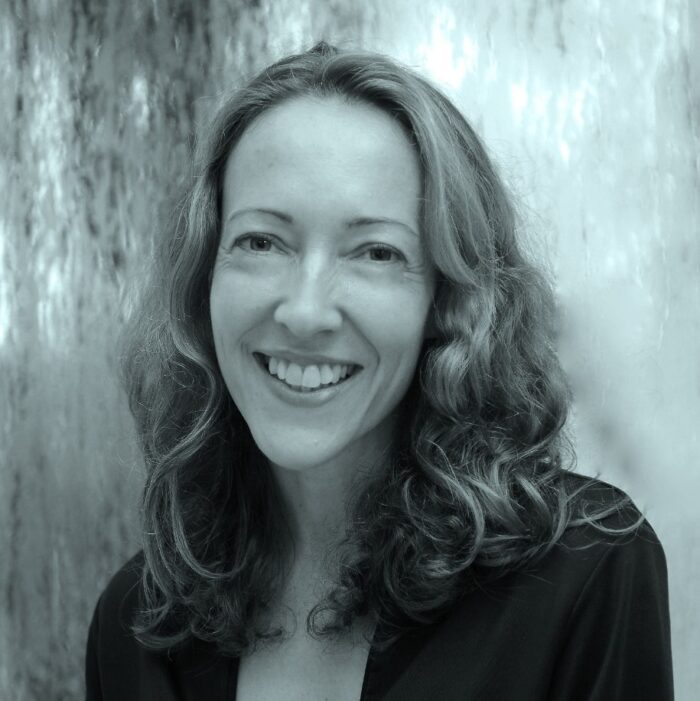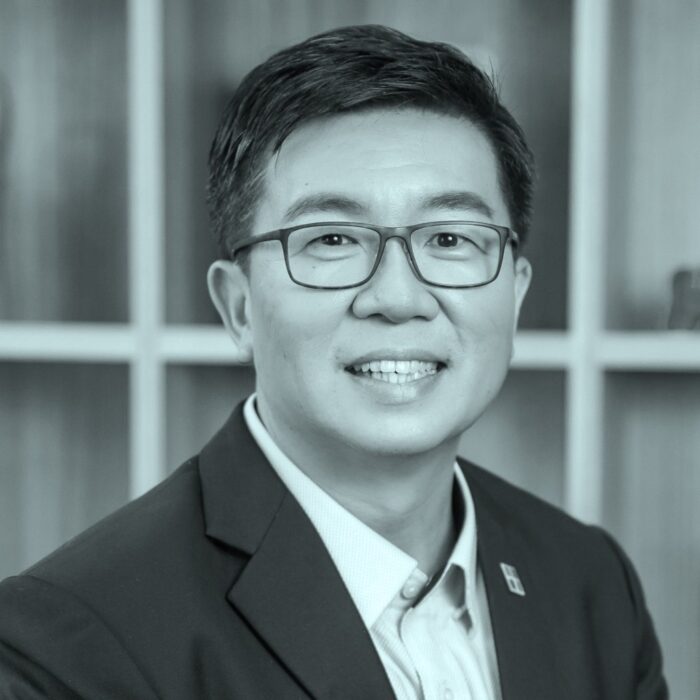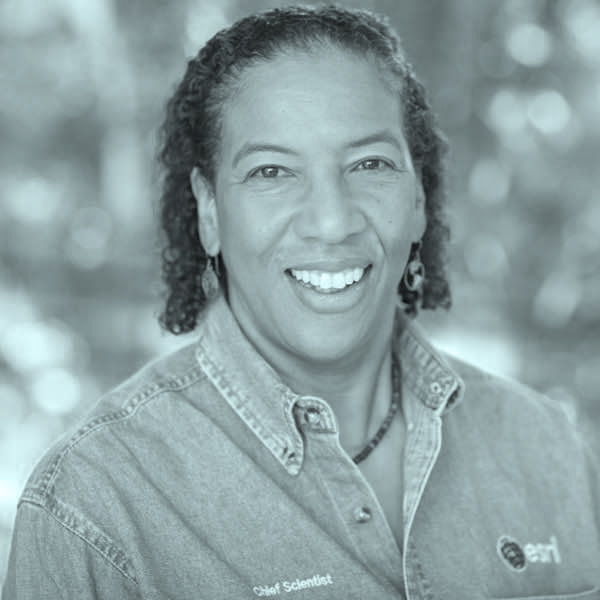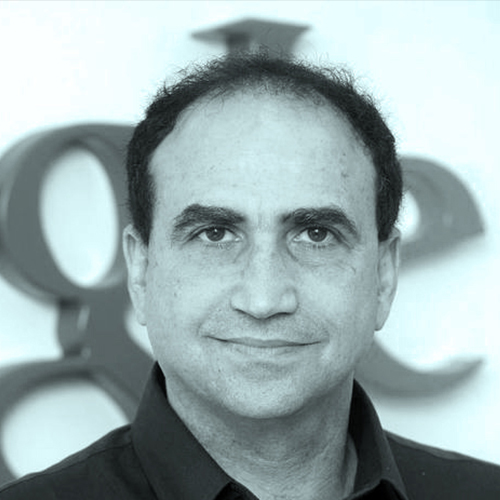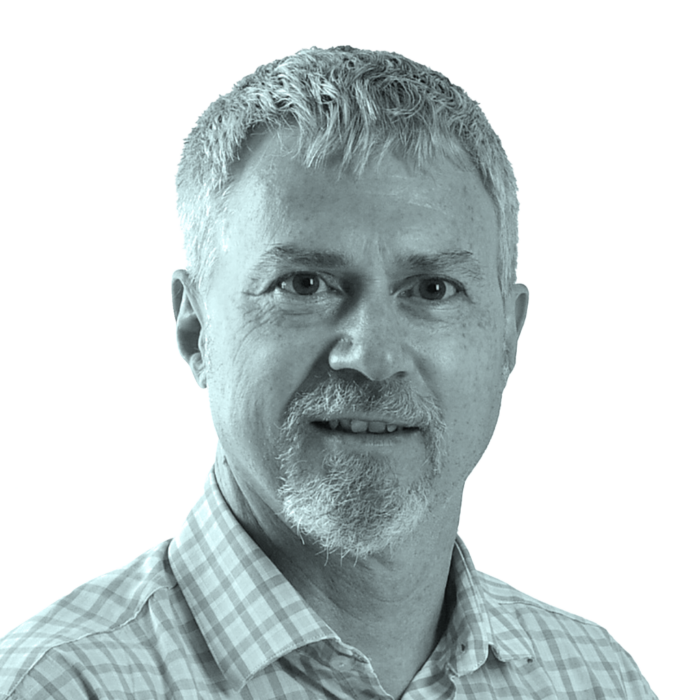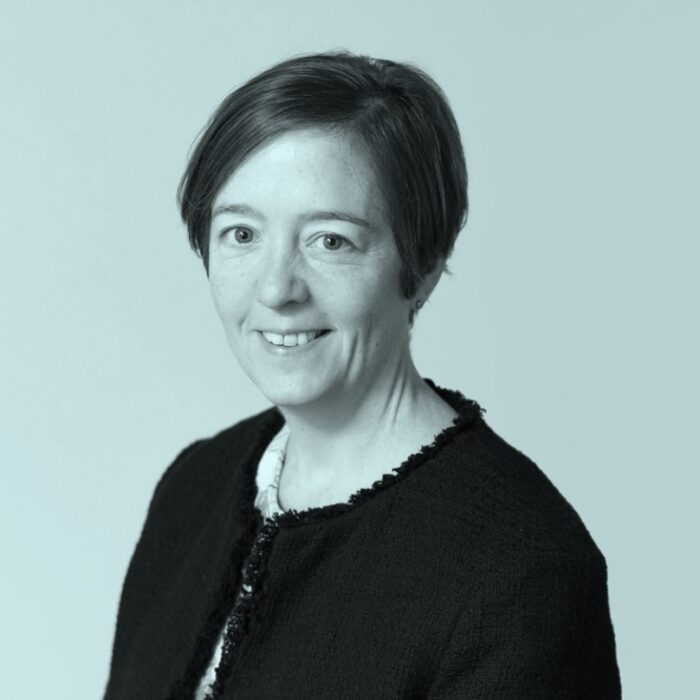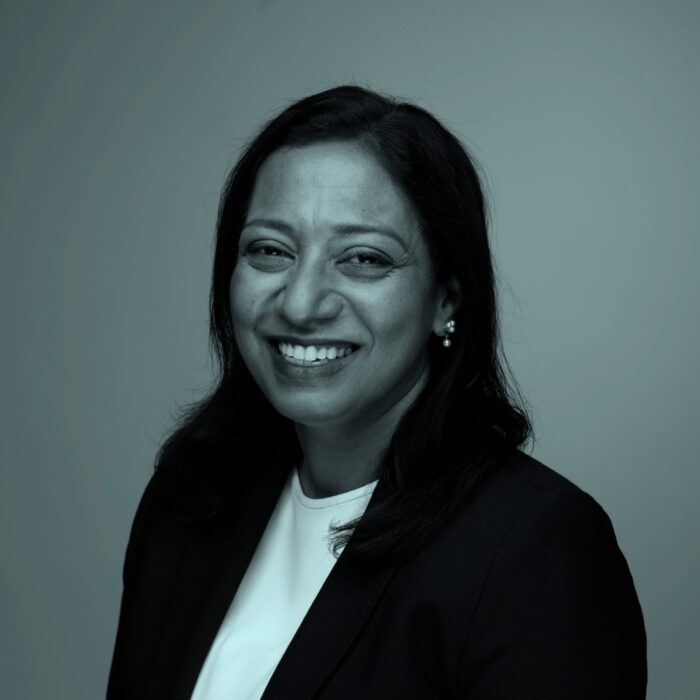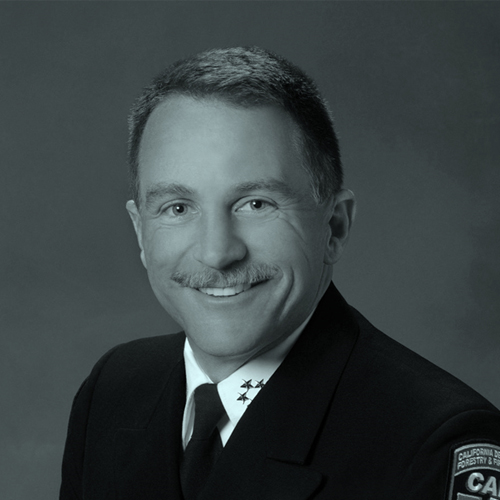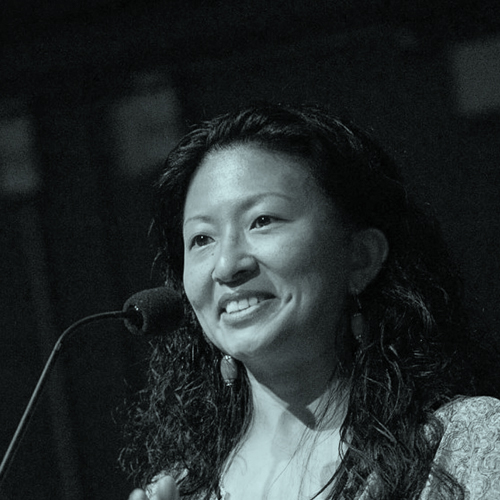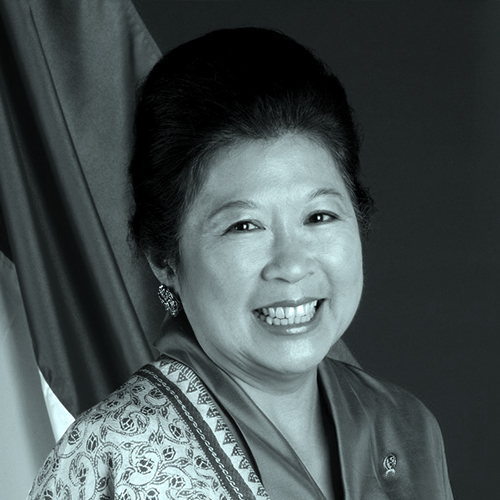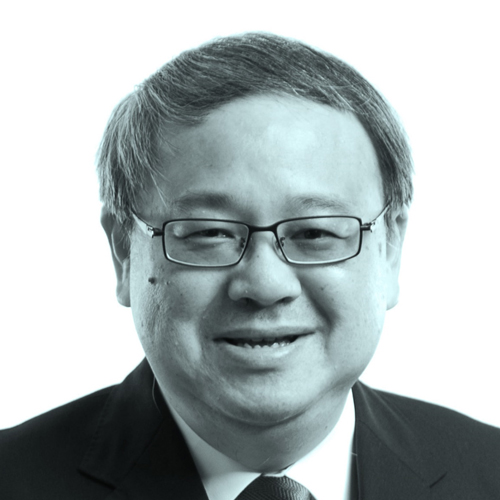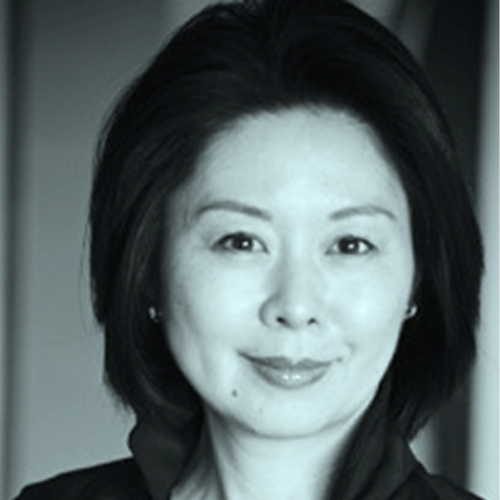Racism, Exclusion & Risk
February 17, 2021 5:09 pm Leave a commentThe widespread prevalence of racism in our society and institutions shapes disaster risks. Mechanisms of differentiation based on race are determinants in the social construction of vulnerability and exposure, perpetuating systemic patterns of exclusion and privilege. By overlooking reality, people and organizations often fail to notice racism, or anticipate the risks this can engender and entrench. We can do something about it… But how to initiate constructive conversations on the difficult intersection of race and risk?
Hop into this interactive session with literaryperformer Regie Gibson and risk-takers Janot Mendler de Suarez and Pablo Suarez. We’ll ignite some sparks with a selection of cartoons created during earlier UR2020 sessions. Finally, building on “meaning-making” lines co-created by UR2020 participants, Regie will deliver a Spoken Word performance on anti-racism, inclusion and resilience.
This plenary has been organized by Global Facility for Disaster Reduction and Recovery and World Bank’s Social Sustainability and Inclusion Global Practice. It builds off a World Bank Anti-Racism workshop developed by World Bank’s Social Sustainability and Inclusion Global Practice.
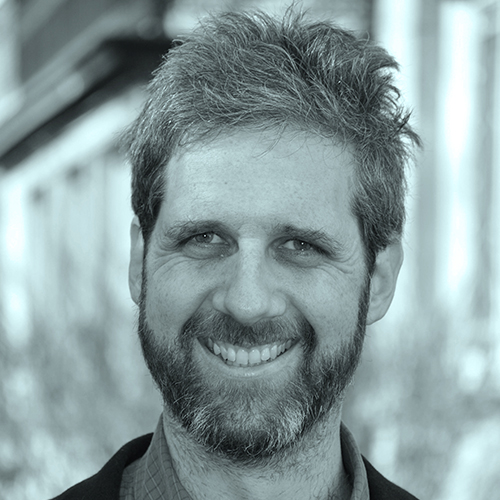
Pablo Suarez
Associate Director for Research and Innovation,
Red Cross Red Crescent Climate Centre
Pablo Suarez is associate director for research and innovation at the Red Cross Red Crescent Climate Centre, as well as visiting fellow at Boston University, and artist in residence at the National University of Singapore Lloyd Register Foundation Institute for the Public Understanding of Risk (NUS IPUR). He has consulted for the United Nations Development Programme, the World Bank, Oxfam, and about twenty other international humanitarian and development organizations, working in more than 60 countries. His current work involves creative approaches to climate risk management – ranging from self-learning algorithms for flood prediction, to collaboration with humorists to inspire thinking and action. Pablo holds a water engineering degree, a master’s degree in planning, and a Ph.D. in geography.
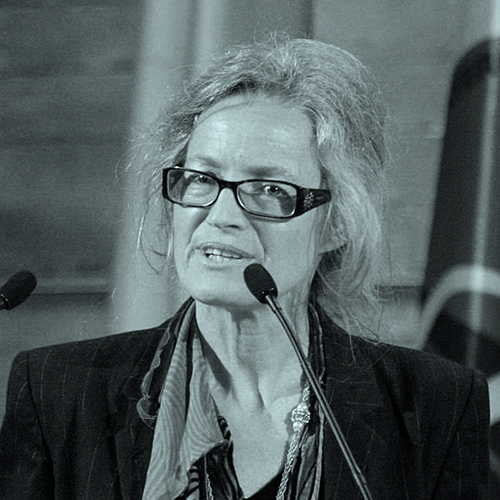
Janot Mendler de Suarez
Technical Advisor, Red Cross Red Crescent Climate Centre
Janot Mendler de Suarez consults with the World Bank, serves as Technical Advisor & Caribbean focal point with the Red Cross Red Crescent Climate Centre, and is a Visiting Research Fellow with Boston University’s Pardee Center for the Study of the Longer-Range Future. As an expert facilitator, practitioner and policy advisor, Janot is an innovator in transformation management, collective intelligence, pioneering the use of serious games and creative arts for effective learning and dialogue, and has co-designed and facilitated game-enabled processes to support a variety of World Bank activities. Janot acts for racial justice, facilitates conversations on race and served on the Metro Boston Race Amity taskforce, culminating with the governor’s proclamation of Massachusetts Race Amity Day, encouraging cities and towns to develop programming.
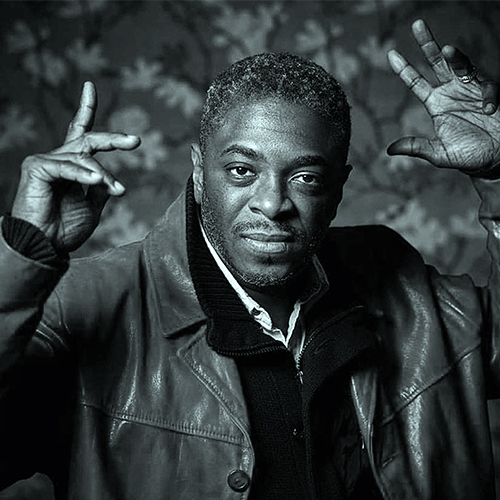
Regie Gibson
Literary Performer
Regie Gibson has lectured and performed widely in the U.S., Cuba, and Europe. In Italy, representing the U.S., Regie received both the Absolute Poetry Award (Monfalcone) and the Europa en Versi Award (LaGuardia di Como). He’s received the Walker Scholarship for Poetry from the Provincetown Fine Arts Work Center, the Brother Thomas Fellowship from The Boston Foundation and two Live Arts Boston (LAB) Grants for the production of his first musical The Juke: A Blues Bacchae in which he uses Euripides’ tragedy to explore African-American music and spirituality. Regie has performed with the Sharnier Theater in Hanover, Germany, The Lexington Symphony Orchestra, and has composed texts for The Boston City Singers, The Mystic Chorale and the Handel+Haydn Society. He has served as consultant for both the National Endowment for the Arts “How Art Works” initiative and the “Mere Distinction of Color”— a permanent exhibit examining the legacy of slavery and the U.S. constitution at President James Madison’s historic Montpelier home. Regie was a Poet-in-Residence at Boston’s Museum of Fine Arts and is Poet-in-Residence at Lexington’s Cary Memorial Library. He is the author of Storms Beneath the Skin—which received a Golden Pen Award, and the creator of The Shakespeare Time-Traveling Speakeasy— a theatrical, literary-concert focusing on the life, works, and modern influence of William Shakespeare. He is the lead singer, lyricist, and percussionist for Atlas Soul— a multicultural, global-funk, world music ensemble, and is a creative on a team of scientists and members of the Red Cross-Red Crescent helping to craft language regarding issues of climate change. He holds an MFA in Poetry and teaches in the English department at Clark University.
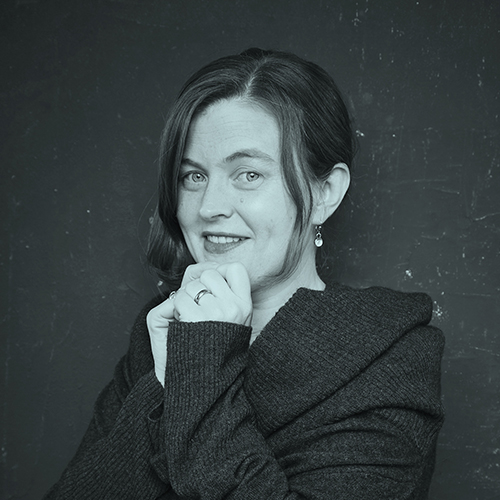
Emily Flake
Artist
Emily Flake began cartooning for The New Yorker in 2008 and has had more than a hundred cartoons published in the magazine since. Her cartoons, essays, and illustrations have also appeared in Mad, the New York Times, the New Statesman, the Wall Street Journal, the Globe and Mail, and in many other publications. She is the author of “Mama Tried” and her newest book, “That Was Awkward: The Art and Etiquette of the Awkward Hug,” published by Viking in 2019.
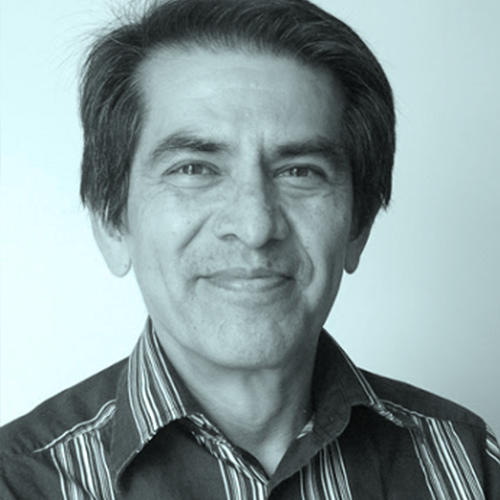
“Feggo” Felipe Galindo
Artist
“Feggo” Felipe Galindo, creates humorous art in a variety of media, including cartoons, illustrations, animations, fine art & public art. Born in Cuernavaca, Mexico, he resides in New York City. His work has been exhibited and published worldwide including in The New Yorker, The Wall Street Journal, MAD, Private Eye and The New York Times, among many others.
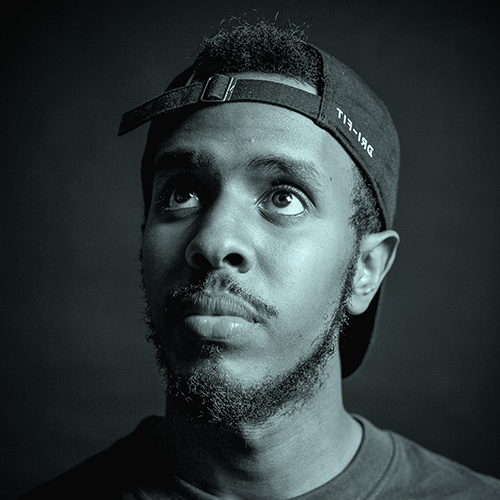
Yasin Osman
Artist
Yasin Osman is an award-winning Toronto-based photographer and cartoonist. In 2015, Osman founded Shoot For Peace an art mentorship program in Toronto for boys & girls, blending his background in education and passions for youth empowerment, art and photography. In 2018 Yasin started a webcomic series called ‘Grandpa Ali & Friends’ that later got published as a comic book under the same name. Today, Osman works as a youth worker by day while juggling photography and making cartoons. His work can be seen in The New Yorker & Reader’s Digest.


